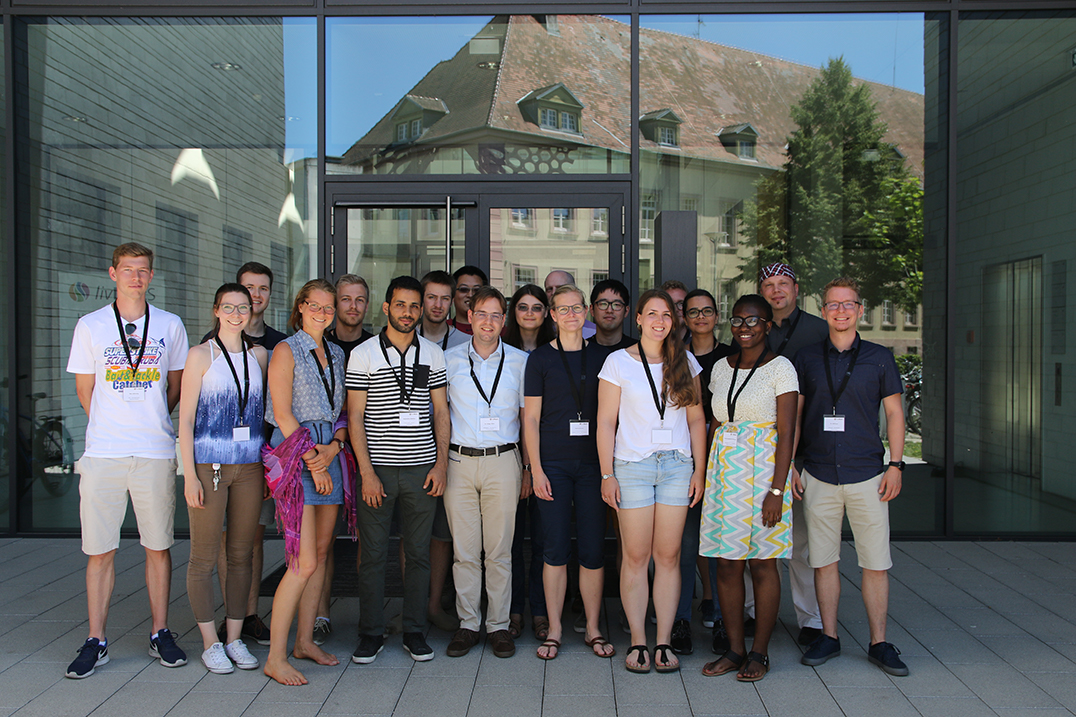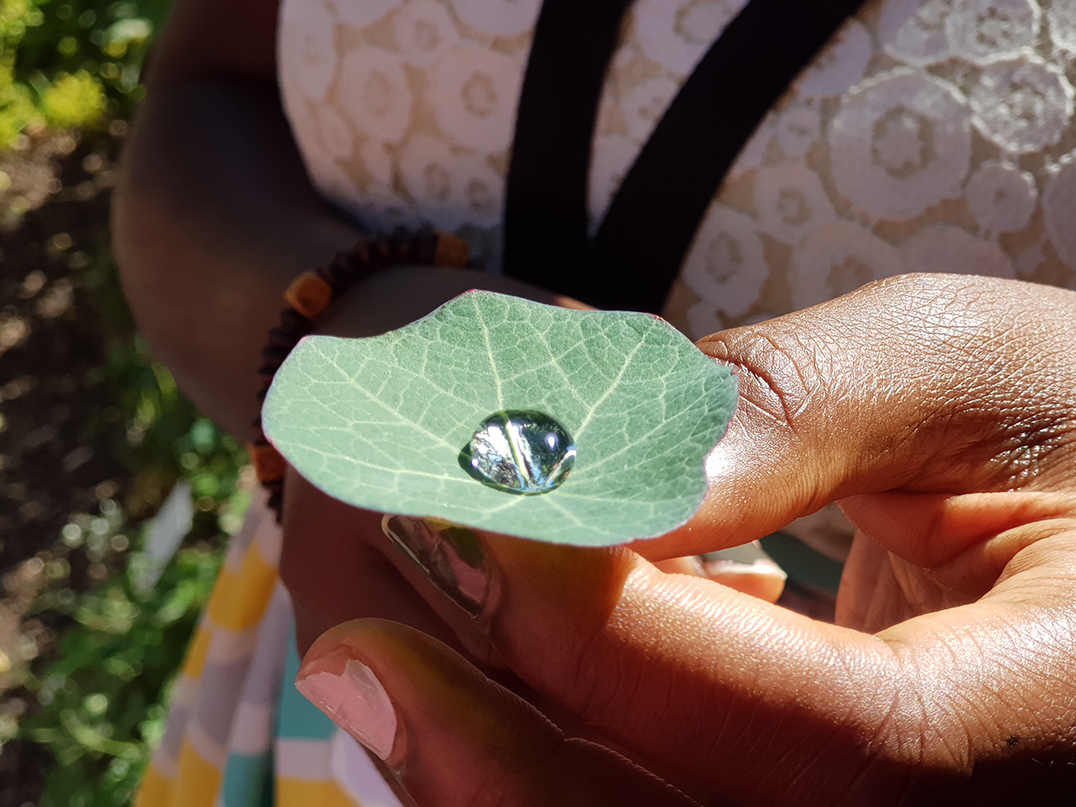News & Press
Exchange Beyond Disciplinary Borders
Young scientists learn more about each other’s work at the first boot camp of the livMatS cluster
How can one’s own research be explained in three minutes? Junior researchers of the Cluster of Excellence “Living, Adaptive and Energy-autonomous Materials Systems (livMatS)” tried this in their first Boot Camp. During a speed dating session, doctoral and postdoctoral researchers from chemistry and psychology, materials science and sustainability research, biology, microsystems engineering and philosophy sat together to briefly talk about their work.
Getting to know other members
“This was a great opportunity to learn more about the research of the other members – usually you only see your own little area of research and now we were able to discover the big picture”, says Paula Straub who studied chemistry and is currently writing her thesis on the adaptivity of materials systems. “Moreover it was good practice on how to explain my research to people who don´t come from the same field.”

Apart from many new impulses the participants could be active themselves at the Boot Camp: At a fire drill they learned what has to be done in an emergency. And during a visit to the botanical garden they also got an overview of the natural role models for biomimetic designs like the lotus effect.
25 junior researchers have started their projects in the cluster since January 2019 – this number is expected to nearly double by the end of 2020. In addition to the exchange of ideas, the graduate program at livMatS will be offering a range of training measures such as workshops in presentation skills and scientific writing. “One focus of livMatS will be how the researchers can communicate their findings publicly across scientific disciplines”, says Gregg Dubow who is responsible for the graduate program. The goal is to provide the junior researchers with the needed techniques.

A space for new ideas
Martin Möller found the highlight of the boot camp to be a workshop on scientific writing. Möller’s thesis aims to develop criteria for the sustainability analysis of the materials which will be created by livmatS. “Though the workshop only lasted one hour, it was an intense training, and I learned more about what it means to write a good scientific publication”, says Möller.
The boot camp will take place twice a year. After the speed dating, the participants placed red stickers on a chart indicating with which livMatS junior researchers they want to meet again to discuss potential research collaboration. There will be numerous occasions for this exact aim, says Dubow. “The cluster has created a space for new ideas to emerge – and we intend to fill it.”
